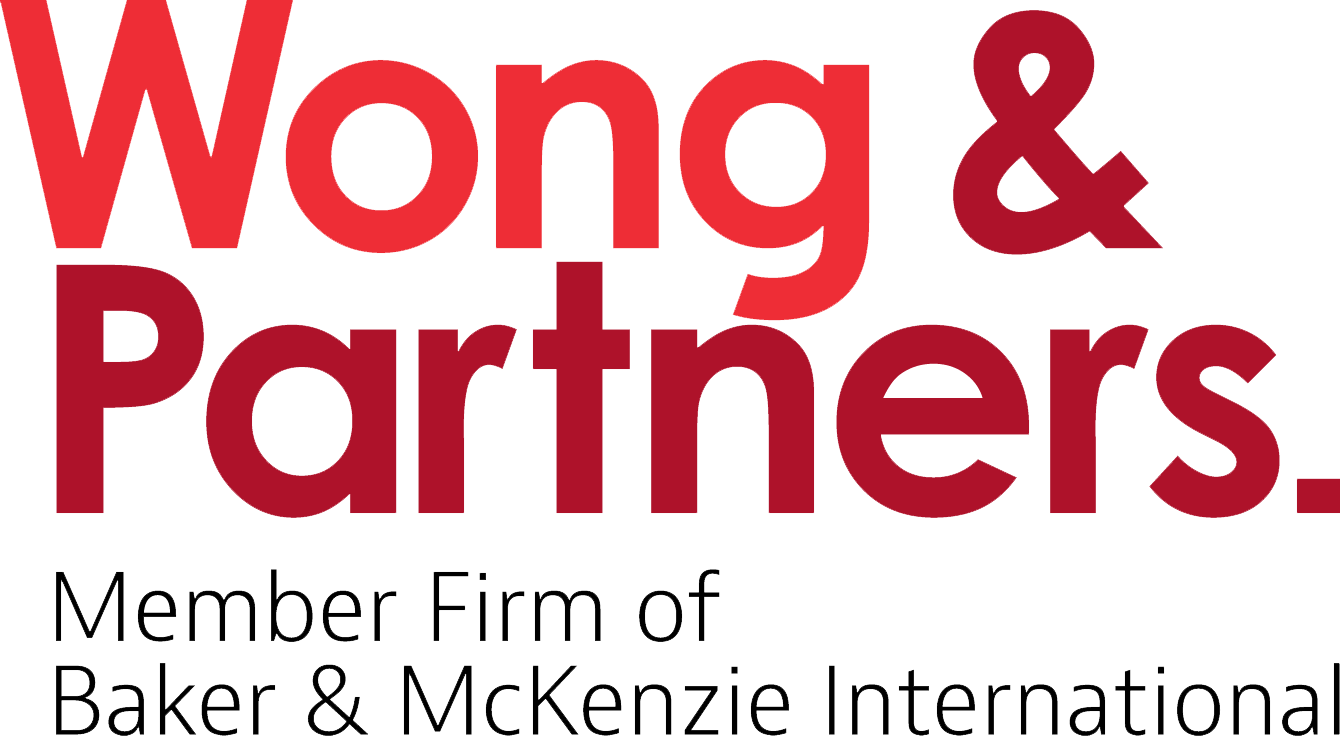Background
The decision in H. Quah came about from a charge brought against Ms. Quah in or around July 2021 before the Kuala Lumpur Sessions Court, for the offense of allegedly transmitting offensive communications with the intent to annoy others1. Quah was granted a discharge not amounting to acquittal due to certain defects in the charge.
Quah then filed an action before the High Court challenging the constitutionality of the terms "offensive" and "annoy" under Section 233 of the CMA 1998 ("Section 233"). In or around 2023, the High Court dismissed Quah's action, which led to the appeal and the decision in H. Quah.
In allowing the appeal and overturning the decision of the High Court, the Court of Appeal observed in its broad grounds of judgment2 that:
- The words "offensive" and "annoy" in Section 233 are inconsistent with Article 10(2)(a) (i.e., the right of Parliament to impose restrictions to freedom of speech and expression in the interest of among others, public order), read together with Article 8 (i.e., all persons are equal before the law and entitled to equal protection) of the Federal Constitution. In short, the words "offensive" and "annoy" under Section 233 are not a permissible restriction to freedom of expression;
- Absent judicial pronouncements on the term "offensive" and "annoy" (and whatever the definition may be), it is difficult to envisage that:
- An offensive speech with intention to annoy could be a threat to public order; and
- Article 10(2)(a) of the Federal Constitution permits a restriction to free speech and expression on such trivial grounds; and
- There may be people who feel offended and annoyed even when what is spoken is the truth, especially where there is no uniform standard prescribed by Section 233 on what "offensive" is or what would be an intent to "annoy". This would result in every content having to be "sanitized", regardless of whether the content is true.
Accordingly, the Court of Appeal therefore struck down the words "offensive" and "annoy" as elements that would constitute an offense under Section 233 on the basis that they were unconstitutional and void. The Court made clear that the decision is intended to have prospective (and not retrospective) effect.
At the time of writing, the Minister of Communications had indicated that the Government of Malaysia will appeal the decision in H. Quah to the Federal Court.
Impact
It is important to note that the decision in H. Quah concerns the pre-amended version of Section 233. Since 11 February 2025, the provisions of Section 233 have been amended and replaced with clearer elements and standards. For example, "offensive in character with the intent to annoy" (which formed the subject matter of H. Quah) has been amended to "grossly offensive in character with the intent to annoy" ("Amended Provision"). The newly inserted Explanation 6 to Section 233 further clarifies that (among others) "any communication made in good faith is not grossly offensive as long as the communication consists of statements of fact, that are true in substances and facts, and consists of statements of opinion." The Amended Provision was expressly called out by the Court of Appeal in H. Quah and the Court of Appeal declined to comment on the same.
While the decision of H. Quah has provided a degree of clarity on how Malaysian Courts will construe an individual's right to freedom of speech, digital platforms and spaces (and persons using such forums) seeking to provide a medium for user expression (in form of content) may still face challenges under the Amended Provision. For example, while the Amended Provision has introduced the word "grossly" to narrow the scope of the offense under Section 233, the application of when a communication does not constitute "gross offensive … with the intent to annoy" is still inherently broad given its broad language and the potential for a wide range of interpretations.
Pending the final Grounds of Judgment for H. Quah and the decision of the Federal Court on appeal, all organizations (whether or not those who provide the digital platforms and spaces or those who allow the use of such platforms and spaces for employee or customer engagement), should take the opportunity to reconsider its internal and customer facing policies and update the same to ensure (among others) compliance with Section 233 of the CMA 1998, especially where businesses are actively engaged on digital platforms. Failure to do so may inadvertently give rise to the risk of liability from a criminal perspective and adversely impact the reputation of not only the employee(s) involved, but also the organization as a whole.
1 She posted her observations on the state of detention centers for refugees during the COVID-19 pandemic, on Facebook.
2 This was provided for the purposes of assisting with reporting; it is not intended to serve as the sole or authoritative reference to the decision of the Court of Appeal. The complete and final Grounds of Judgment will be issued and shall prevail.
*****
Ming Jie Mak, Associate, has contributed to this legal update.

© 2025 Wong & Partners. All rights reserved. Wong & Partners, member of Baker & McKenzie International. This may qualify as "Attorney Advertising" requiring notice in some jurisdictions. Prior results do not guarantee a similar outcome.

